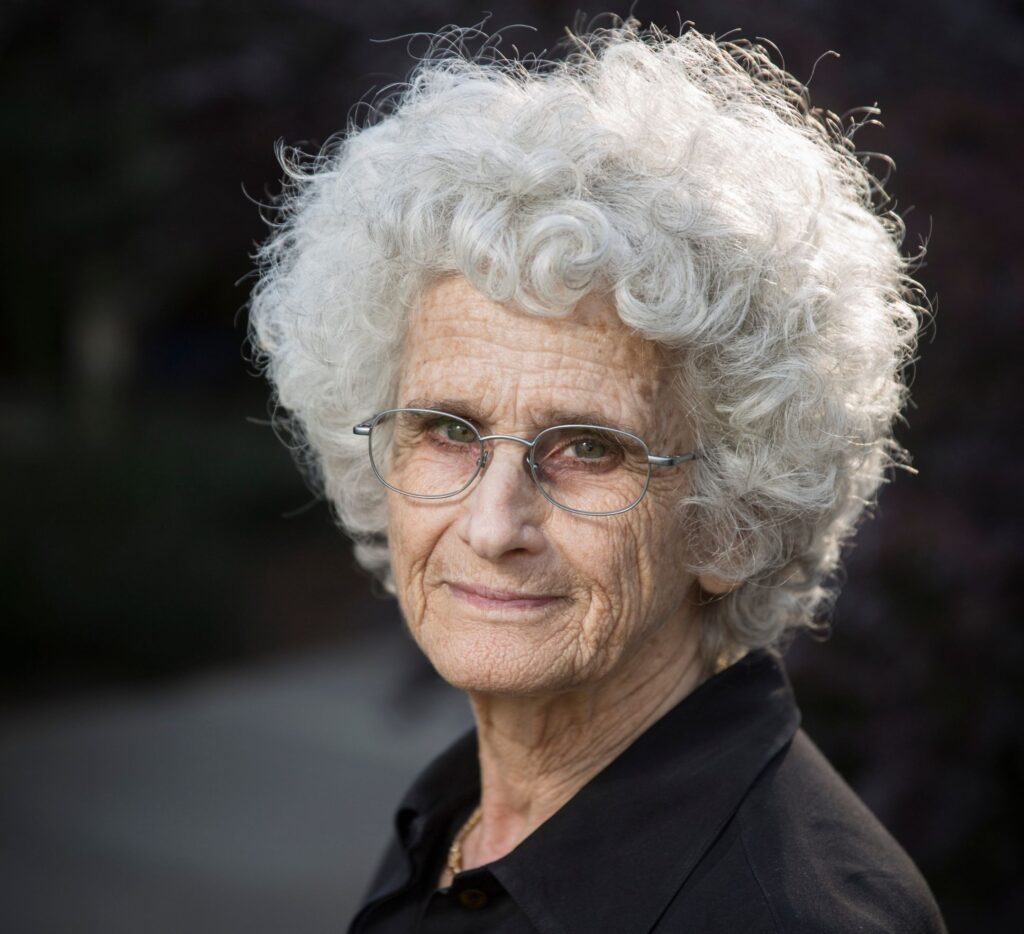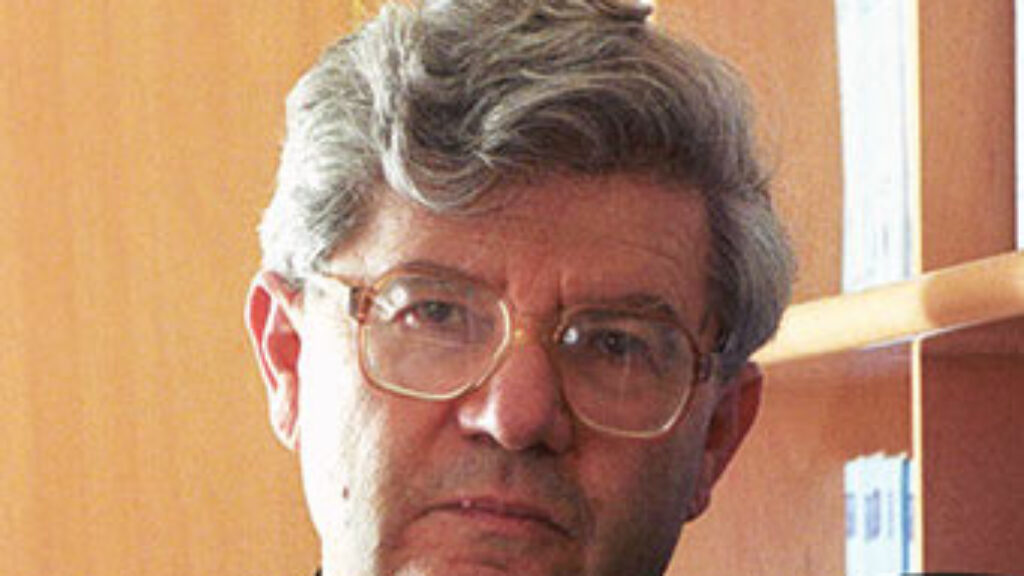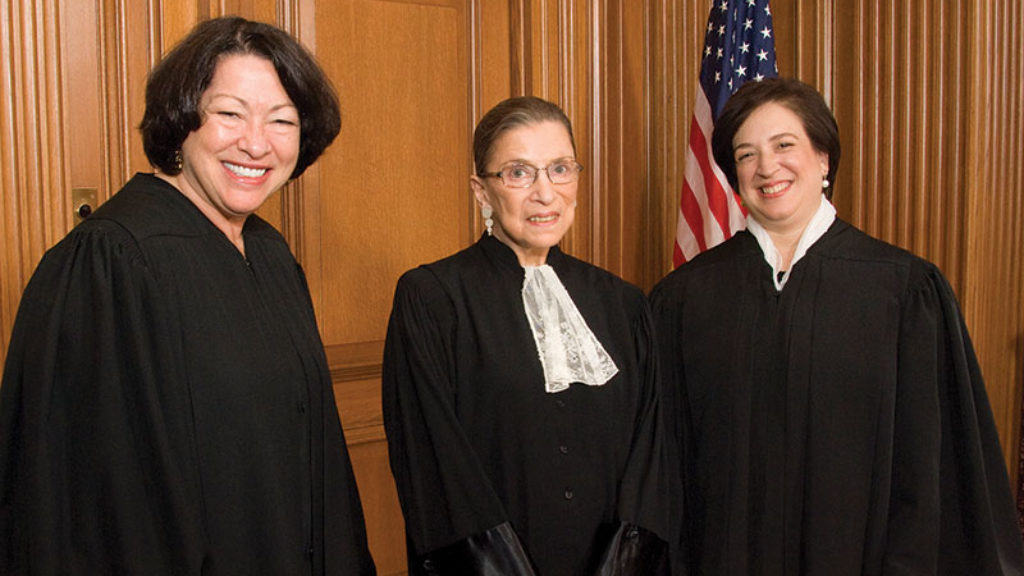Ruth Gavison, 1945–2020
The president of Israel, the prime minister, the leader of the opposition, and numerous other high-ranking Israeli political figures and leading academics weighed in quickly with fitting tributes to Ruth Gavison following her death on Saturday at the age of 75. They highlighted, among other things, her outstanding career as a jurist, her brilliant scholarship, her unique record of public service, and her deep devotion to the State of Israel and the Jewish people. The loss of her voice is strongly felt, and not only at the top. If I could stress one thing about Ruth Gavison that may not have come across in the public statements that have been made so far, it would be her approachability.

In the summer of 2012, I participated, together with her, in a Tikvah Fund program at Princeton University that assembled dozens of Israeli and American college students for an intensive workshop on “Jewish texts, Jewish thought, and Jewish perspectives on the great questions of human life.” During the weeks that the program lasted, plenty of other important Jewish scholars and thinkers came and went, but I don’t think any of them plunged into the thick of things quite as wholeheartedly as Ruth did. Thinking back to those days, I can’t picture her giving a lecture, but I can vividly recall her standing in a hallway, outside a classroom, surrounded by Israeli law students—most of whom towered over her—and passionately driving home a point.
Ruth was effortlessly eloquent, in English no less than in Hebrew, but she didn’t rely solely on her words. What she did with her hands was simply incredible. I won’t even try to describe it. Go to YouTube, watch one of the dozens of her lectures that have been posted there. You’ll see that it’s possible to gesticulate mellifluously.
Ruth didn’t just argue with these kids. She listened carefully to them, to their life stories, as well as their opinions. She sized them up and gave some of them her email address, urged them to keep in touch, and established lasting ties with some of them.
Watching Ruth in action, I felt like I was watching a colorized version of an old newsreel of a Zionist Congress. I half-expected that any minute Chaim Weizmann would show up and give me a glimpse of his own inimitable magic. Ruth embodied the bottomless and tireless devotion to the cause that made the State of Israel possible and that sustains it to this day.
I wasn’t able to observe her performance, needless to say, in the sessions of the government-appointed Winograd Commission that evaluated Israel’s handling of the 2006 war in Lebanon. Nor did I see up close how she dealt with the directive she received from Justice Minister Tzipi Livni in 2013 to draft a constitutional provision precisely defining what it meant for Israel to be a Jewish state. But I did see how she handled one of her many sidelines—her participation on the editorial board of the Jewish Review of Books.
“I just got the latest issue” she would email me, and then would let me know what she liked and what she didn’t like, and what she couldn’t see any reason at all to publish. And how about this book? Why don’t we review it? She didn’t need to see the most recent issue before asking that last question, but often would call my attention to a new volume, in Hebrew or English, that focused in an interesting or useful way on the issues pertaining to Jewish identity that were closest to her heart. She was, indeed, working on a review of one of them as late as last month.
I don’t want to leave the impression that Ruth was single-mindedly focused on Jewish questions. She was deeply rooted, but she was also very cosmopolitan. When she came to the United States, she met with many and diverse friends, Jewish and non-Jewish, including prominent political theorists and legal scholars who had no particular interest in Israel. In the very same email last month in which she told me that she’d have a draft of review to us soon, she added that she was playing the piano and reading a lot about early 20th-century personalities and events. She singled out Stefan Zweig, and Muhammad Asad and The Road to Mecca, and “assimilationist Jews facing the challenges of eastern and western Europe. Fascinating. Something altogether different from Zionism.” Knowing that this might surprise me, she added a last word: “Nedaber” (We’ll talk). I wish we still could.
Suggested Reading
The Nation of Israel?
The case for an Israeli—not Jewish—republic.

Why I Defy the Israeli Chief Rabbinate
Everyone knows that the Israeli Chief Rabbinate is often capricious, needlessly adversarial, and hopelessly bureaucratic. Actually, it’s worse than that. It can’t be abolished any time soon, but its power should be radically diminished.

You Shall Appoint for Yourself Judges
Was the once-head of Israel's Supreme Court a robust defender of human rights or a runaway judge who imposed his political preferences on a nation? Tom Ginsburg explores the legacy of Aharon Barak.

Great Jews in Robes
If Merrick Garland had been successfully confirmed for the seat now occupied by Neil Gorsuch, Jews would have been just one vote shy of constituting a majority on the court.
Comments
You must log in to comment Log In